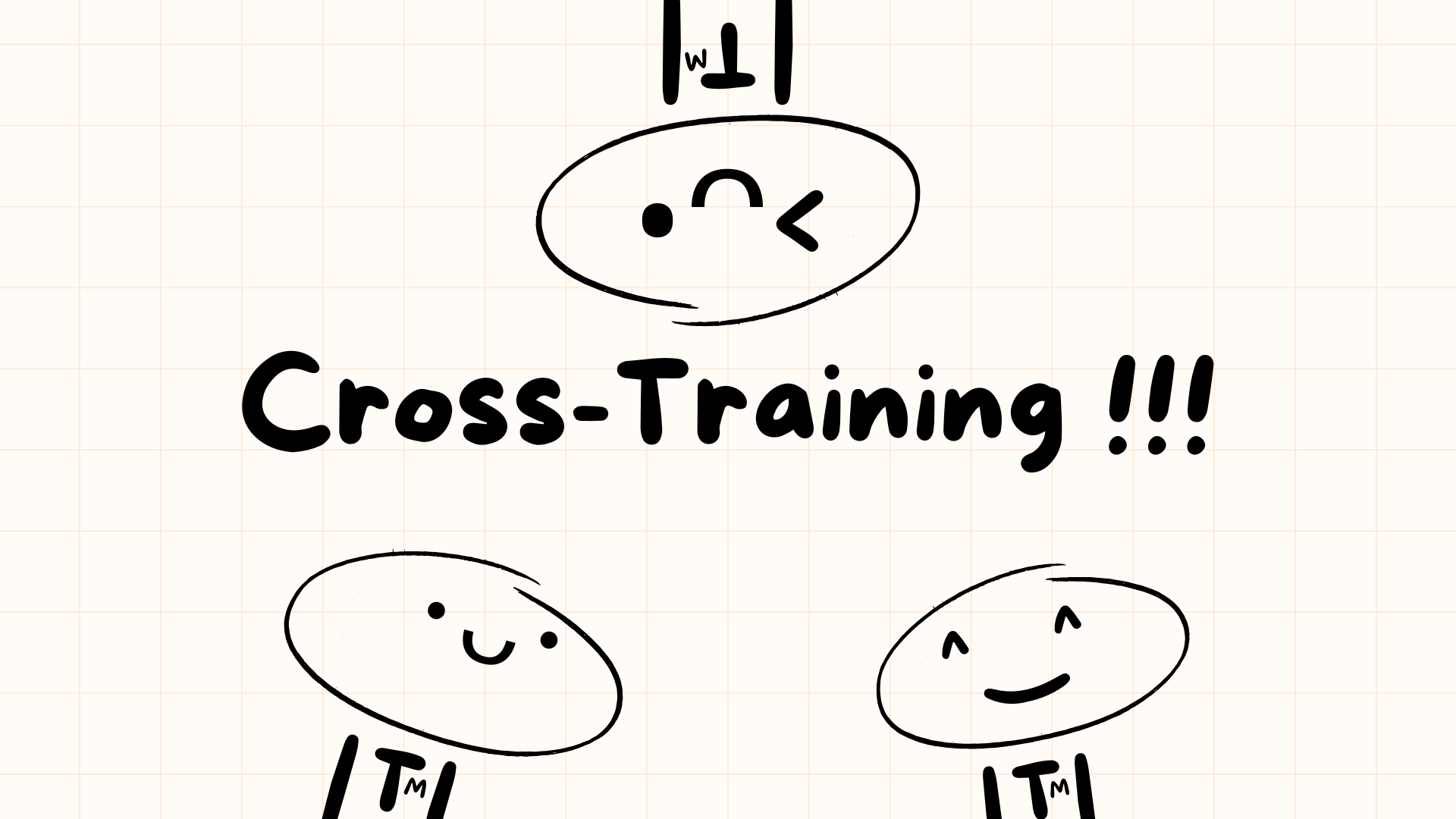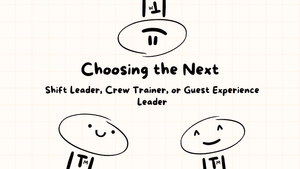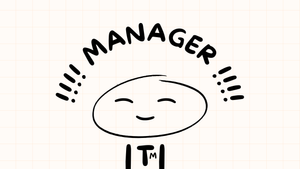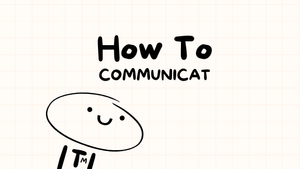Picture this: It's the lunch rush at McDonald's, your fry cook called in sick, and cars are lined up at the drive-thru. Many restaurants would panic. But when you have cross-trained staff, they handle it easily.
I'm a McDonald's shift manager, and I've watched cross-training turn my good team into a great one. Let me show you how to do the same.
What is Cross-Training?

Cross-training at McDonald's is teaching crew members to work different stations - from the grill to the counter. This isn't just about covering empty shifts. It's about building a team that understands how the whole restaurant works together.
When crew members learn multiple stations, they start to see the big picture. One of our team leaders said it best: "Cross-training opened my eyes. I used to only know my station. Now I understand how everything connects. When I'm on drive-thru, I know exactly what's happening in the kitchen and can give customers better service."
How Cross-Training Helps Your Staff

Cross-training does more than fill schedule gaps. It creates opportunities for growth and makes the job more interesting. Here's what we've seen in our restaurants:
| Traditional Single-Role Training | Cross-Training Benefits |
|---|---|
| Limited skill set | Full restaurant knowledge |
| Fixed career path | More chances to advance |
| Same daily tasks | Different tasks each day |
| Basic skills | Advanced skills |
| Single station focus | Understanding of all operations |
| Limited problem-solving | Complete restaurant expertise |
Our crew members enjoy their jobs more with cross-training. Instead of repeating the same tasks, they learn new skills every week. This variety keeps them engaged and helps them become valuable team members.
Cross-trained employees also earn more opportunities. They can pick up extra shifts at different stations. They're first in line for promotions because they know the whole operation. Many of our shift managers started as crew members who learned every station they could.
Making Customers Happier

When staff can work multiple stations, customers get much better service:
- Faster Service: During rush hour, staff can jump to busy stations to keep lines moving. If the drive-thru gets backed up, a cross-trained employee can switch from front counter to help out.
- Better Problem-Solving: Staff who know the whole restaurant can fix problems faster. If a customer has a special request, cross-trained staff know if it's possible and how to make it happen.
- Fewer Mistakes: When staff understand all jobs, they catch mistakes before they happen. A cashier who knows the kitchen can double-check orders for accuracy.
- Smoother Service: Cross-trained staff can help customers through their whole visit, not just one part of it.
- Better Communication: When everyone understands each station, they can work together more effectively during busy times.
Why Business Owners Love Cross-Training

Cross-training helps the business in many ways. Look at these numbers from our store:
| Metric | Impact of Cross-Training |
|---|---|
| Staff Coverage | Need 30% fewer emergency staff |
| Employee Retention | Keep 25% more employees |
| Customer Satisfaction | 15% more happy customers |
| Training Time | 20% faster training for new stations |
| Operating Costs | 10% reduction in labor costs |
| Team Efficiency | 35% improvement in rush hour service |
These numbers show why cross-training is worth the initial investment. When your team can handle multiple roles, the whole restaurant runs better.
Common Challenges and Solutions
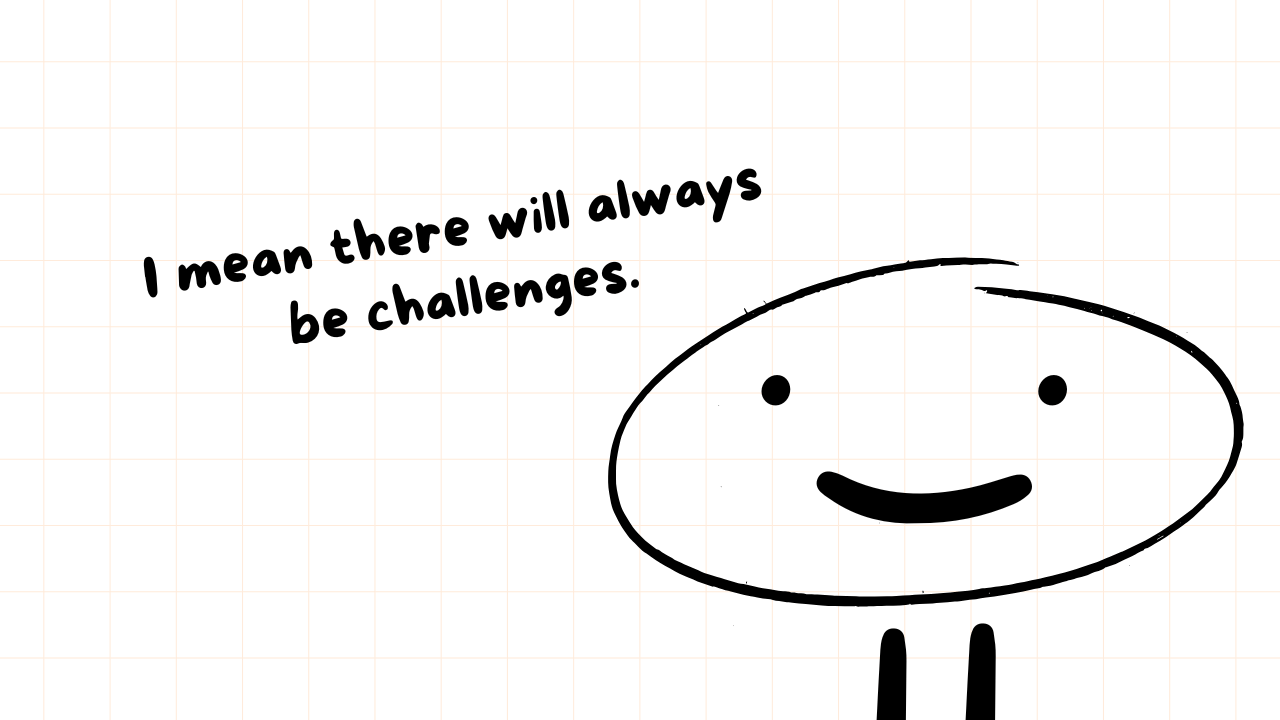
Starting a cross-training program takes work. Here are common challenges and how to solve them:
- Time Management
- Start with short training sessions during slow periods
- Use experienced staff as trainers to save management time
- Create clear checklists for each station
- Employee Resistance
- Explain the benefits clearly
- Offer small rewards for learning new stations
- Start with willing volunteers who can show others the benefits
- Quality Control
- Use detailed training guides
- Check progress regularly
- Give constructive feedback
- Scheduling Complexity
- Create a rotation schedule
- Keep track of who knows which stations
- Plan cross-training during regular shifts
How to Start Cross-Training
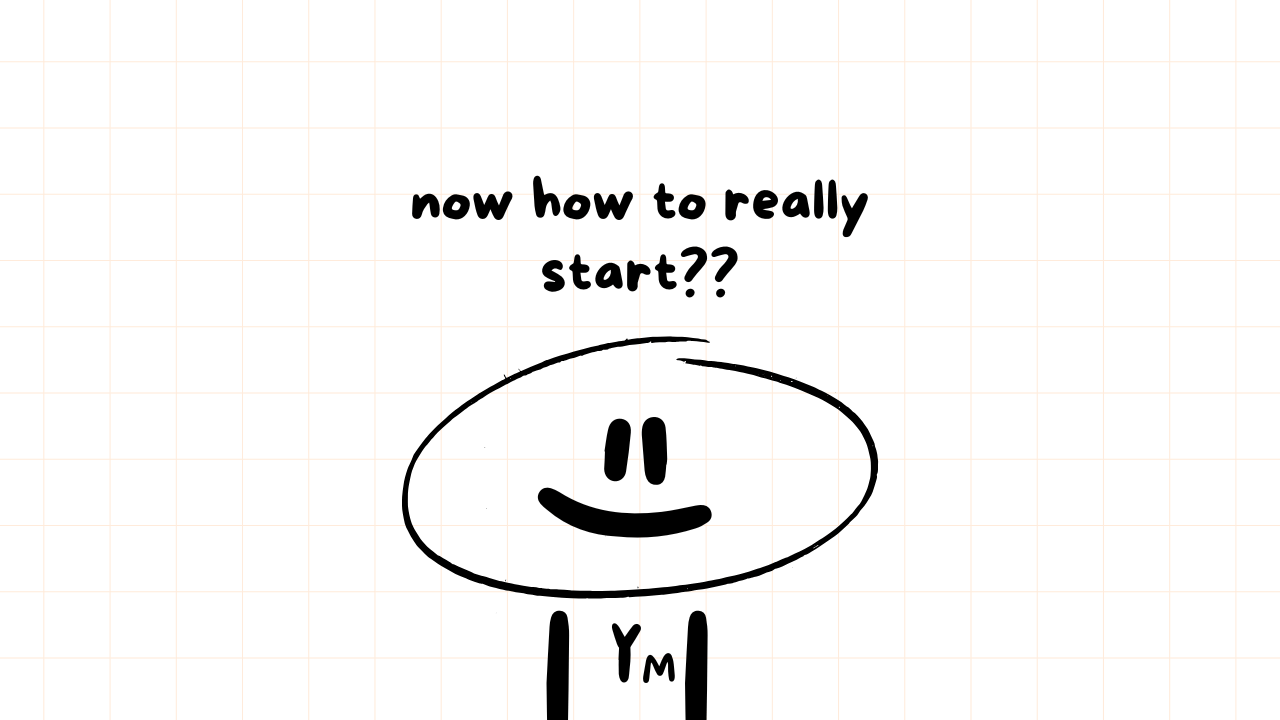
Follow these steps to build your cross-training program:
- Plan Your Program
- List all stations that need cross-training
- Choose your best performers at each station
- Create simple training materials
- Start Small
- Begin with stations that work closely together
- Train one new station at a time
- Give plenty of practice time
- Track Progress
- Keep records of who can work each station
- Note which combinations work best
- Document improvement in service times
- Reward Success
- Recognize employees who master new stations
- Share positive customer feedback
- Create advancement opportunities
What's Next for McDonald's Training

Fast food keeps changing. New technology arrives all the time. Customer needs change too. Cross-trained teams handle these changes better because:
- They learn new systems quickly
- They understand how changes affect the whole restaurant
- They can fill in wherever needed
- They help train newer employees
- They spot ways to improve service
Think about the best restaurant service you've seen. Behind that service was probably a well-trained team. As you grow in your career, how will you build your team?
Good managers don't just run restaurants. They build strong teams ready for any challenge. Cross-training isn't extra work - it's an investment in your people and your restaurant's success.
Remember: A cross-trained team isn't just more flexible - it's more confident, more capable, and more likely to give customers the great service they expect from McDonald's.

